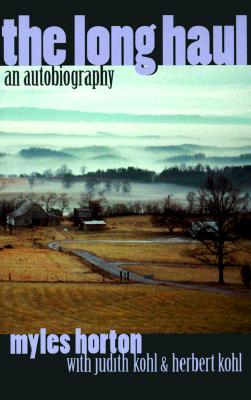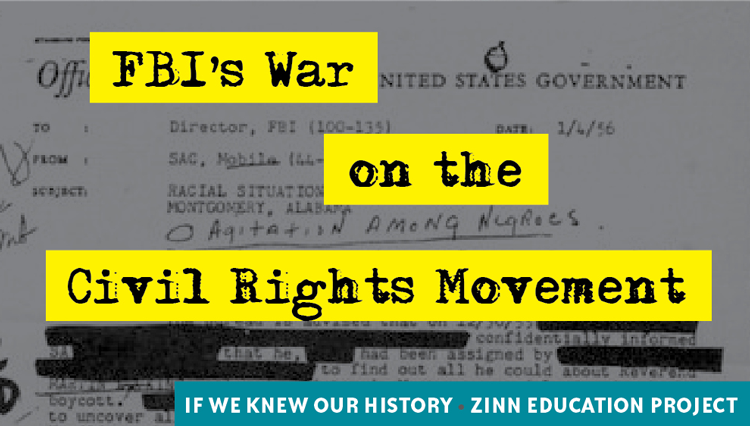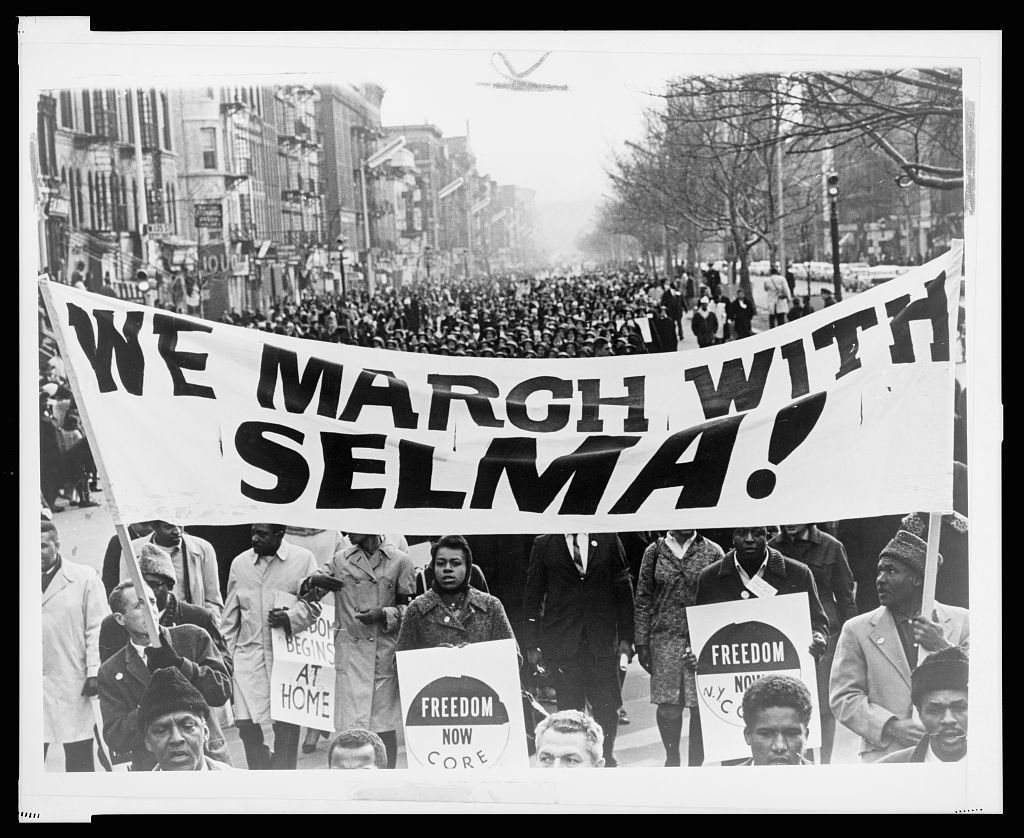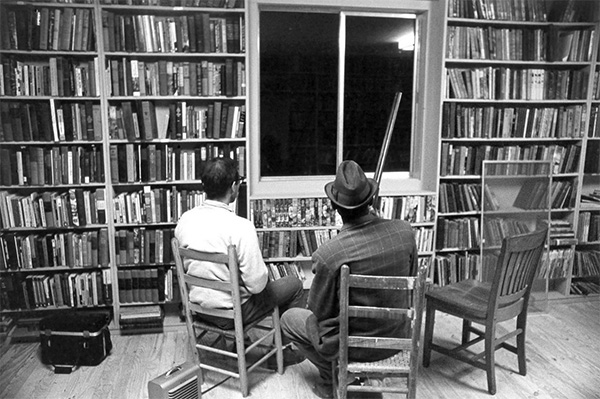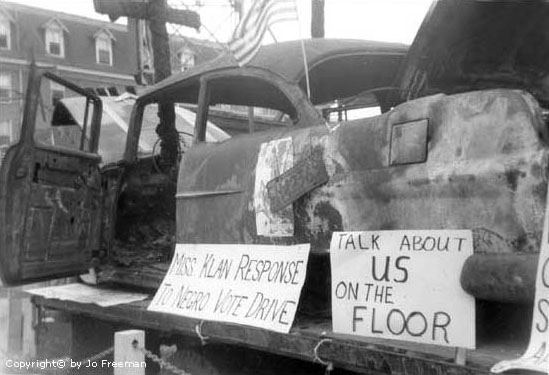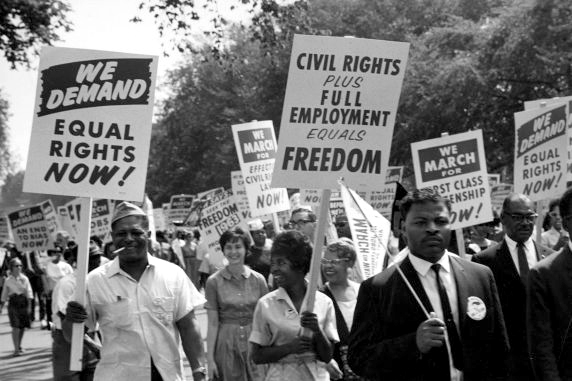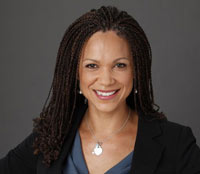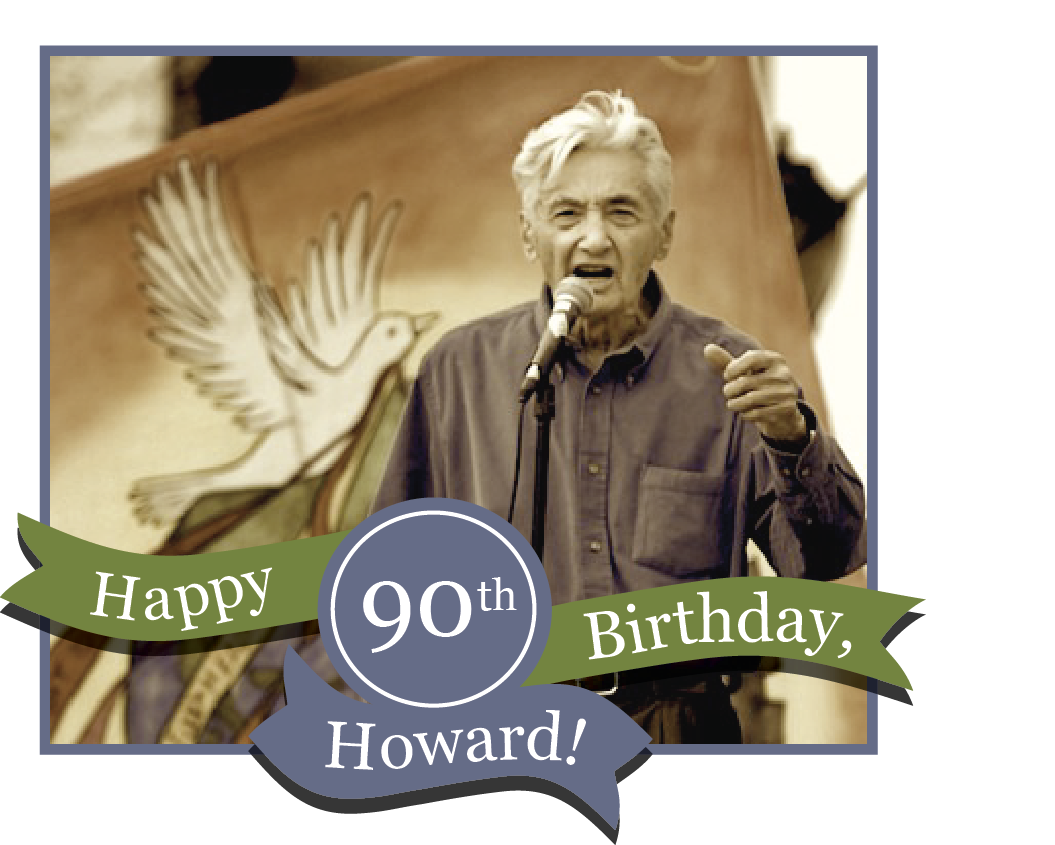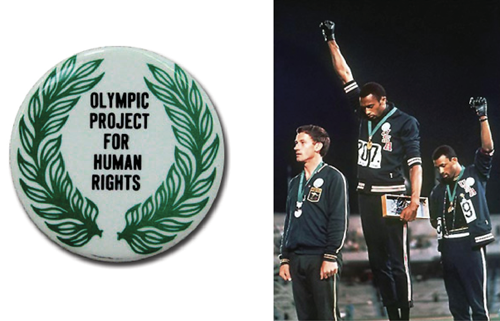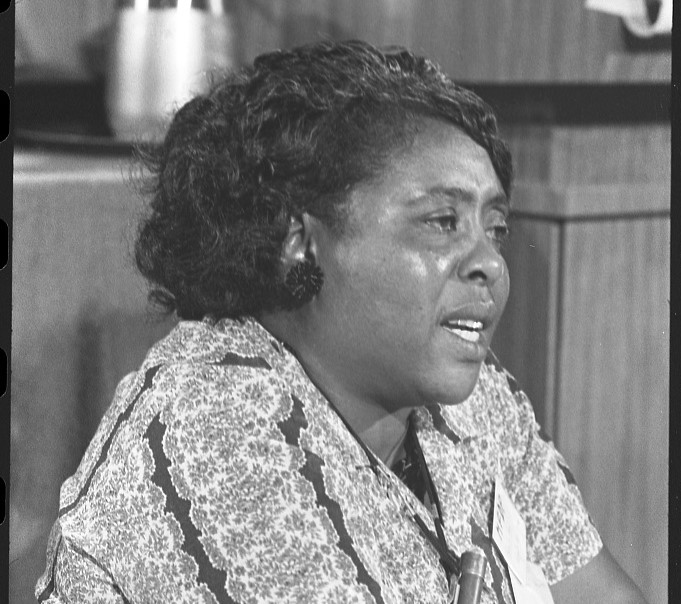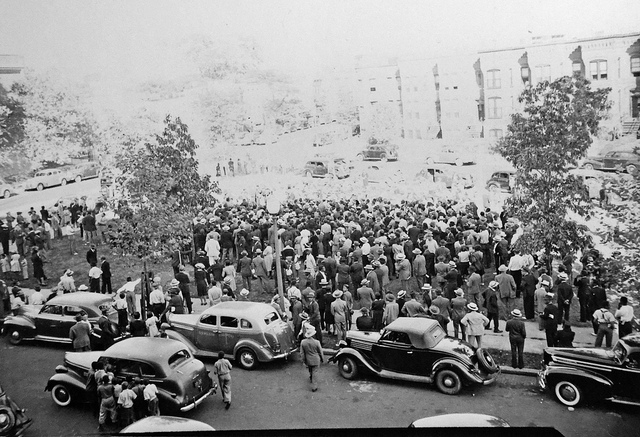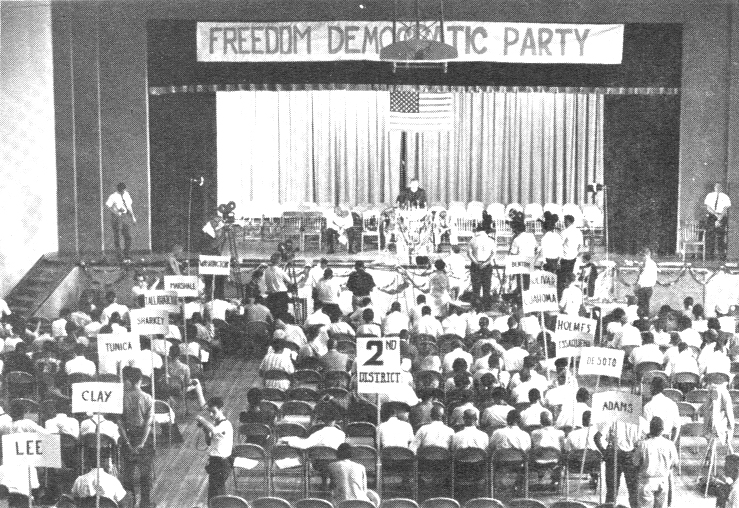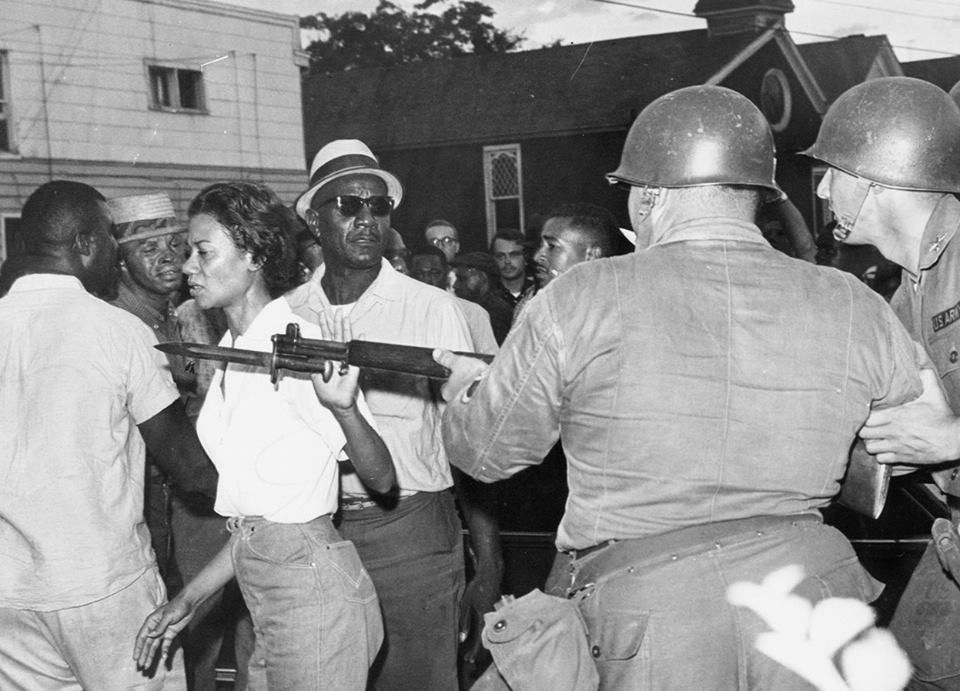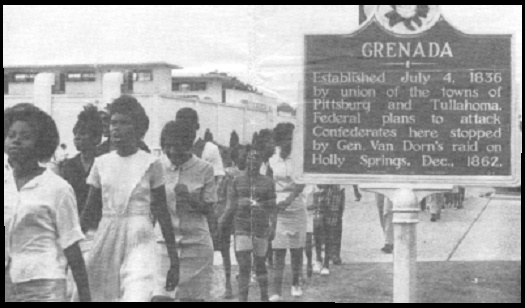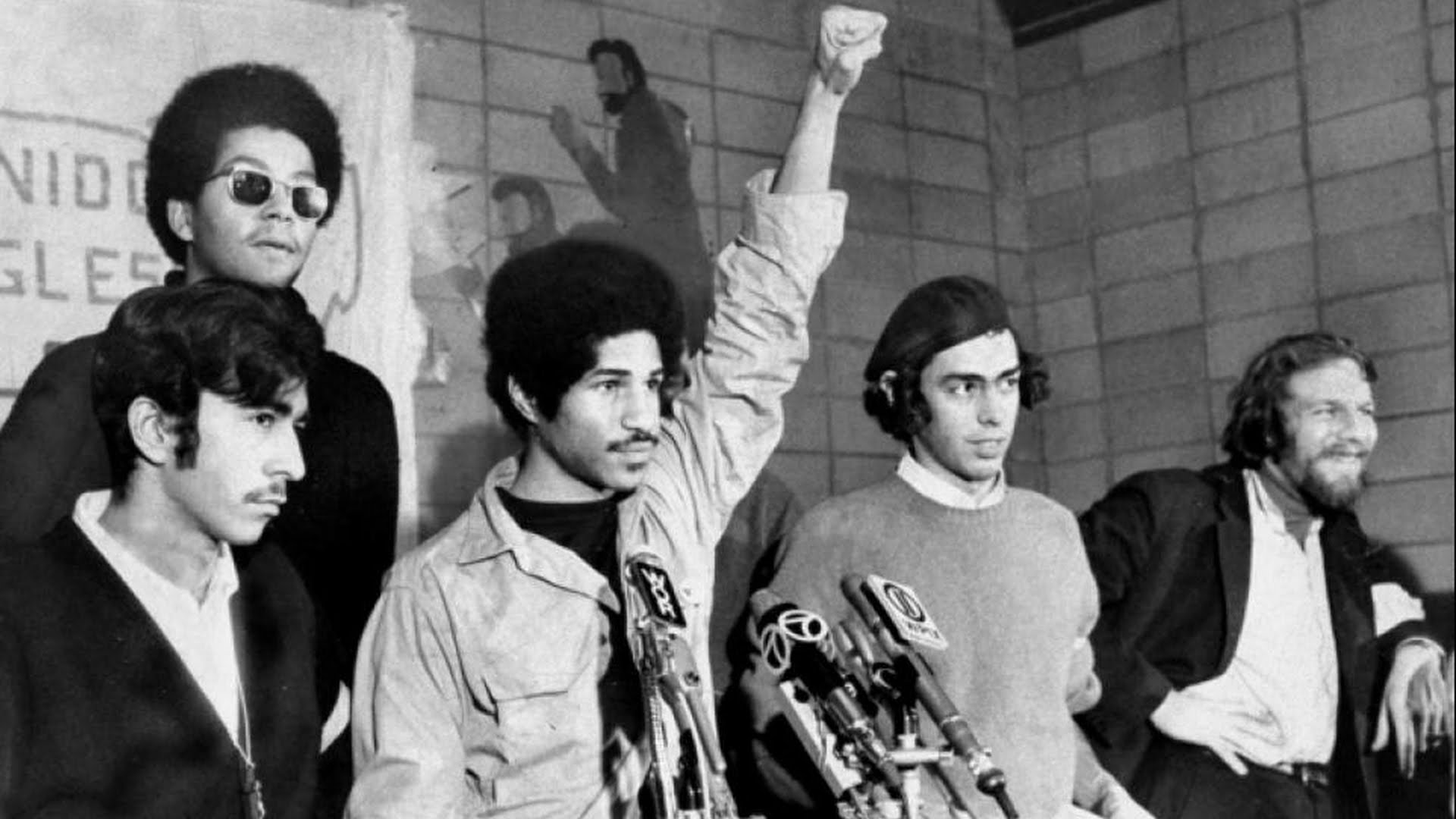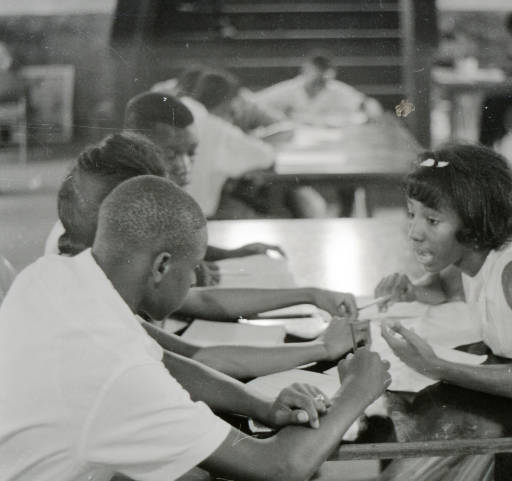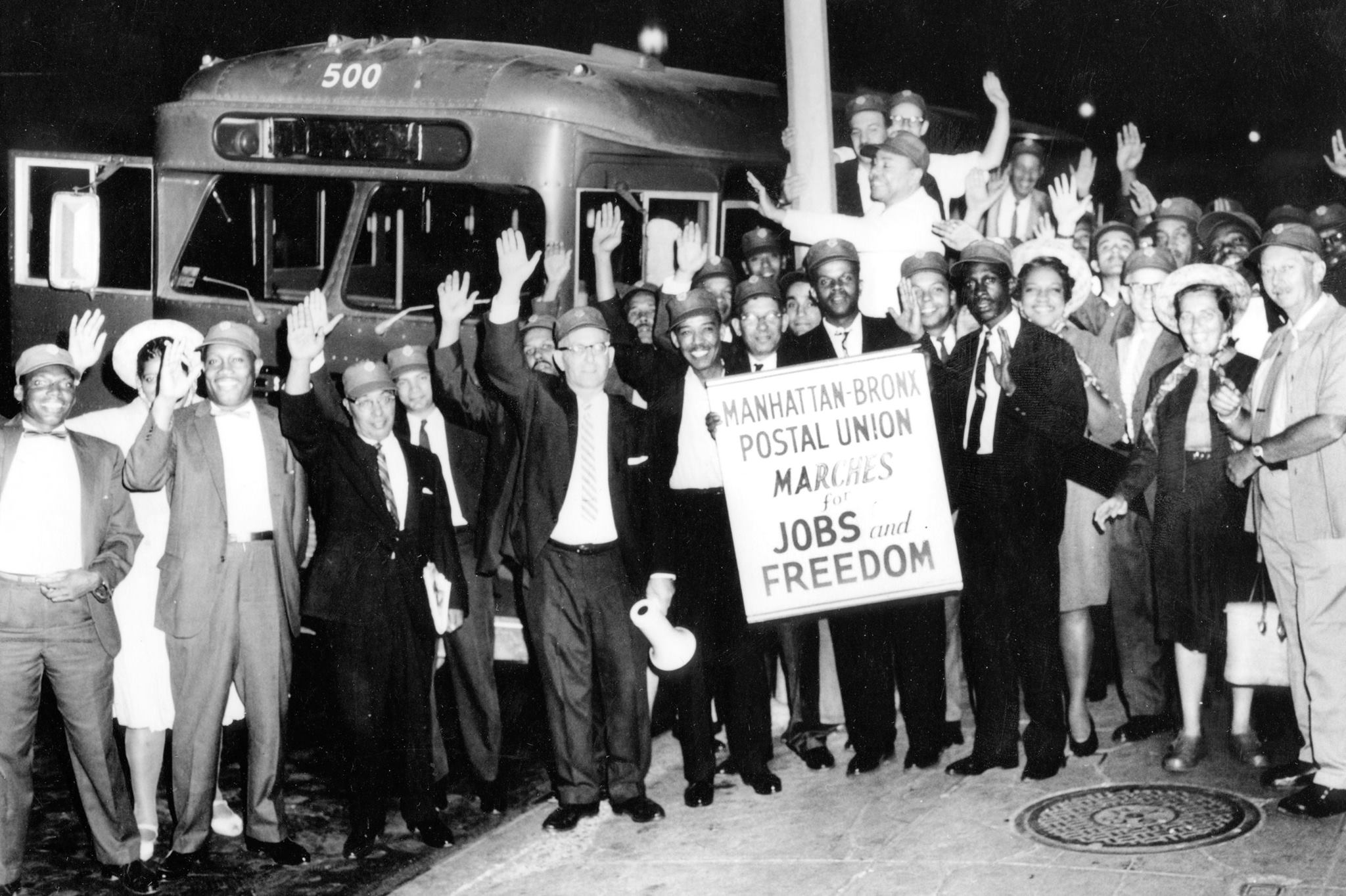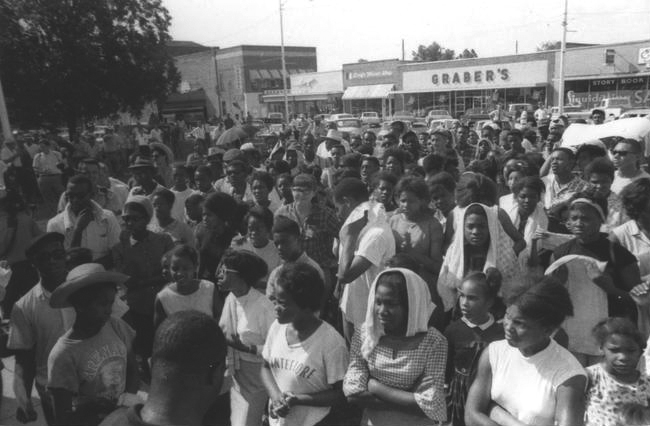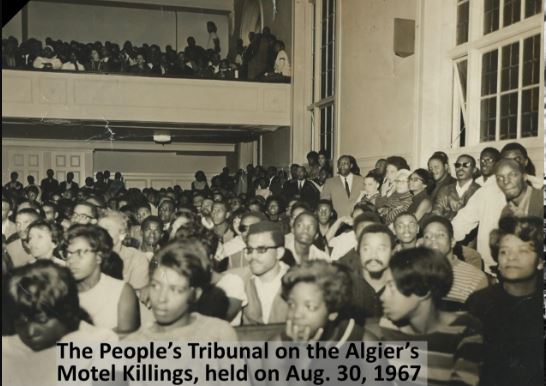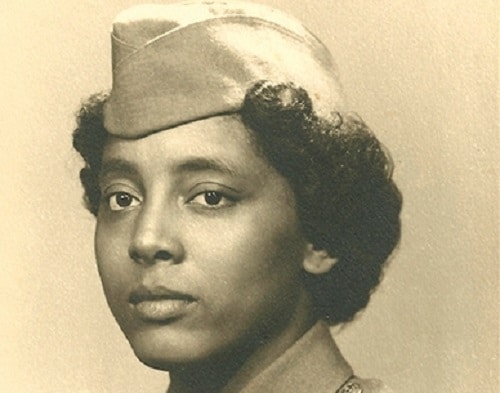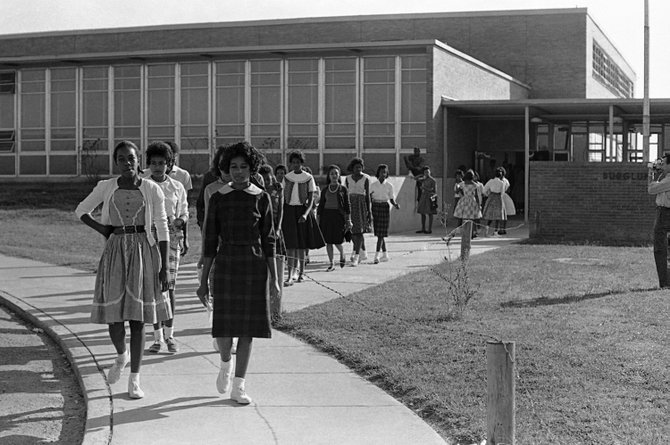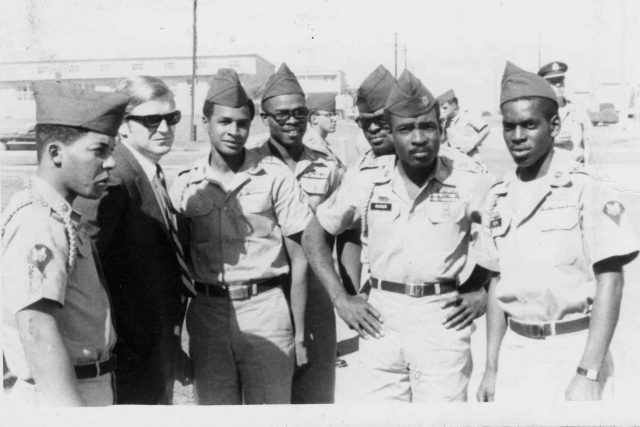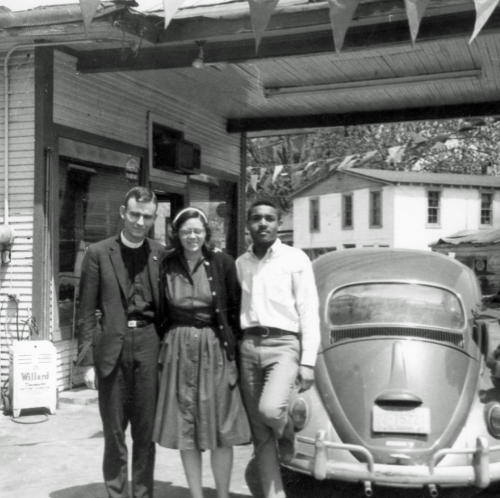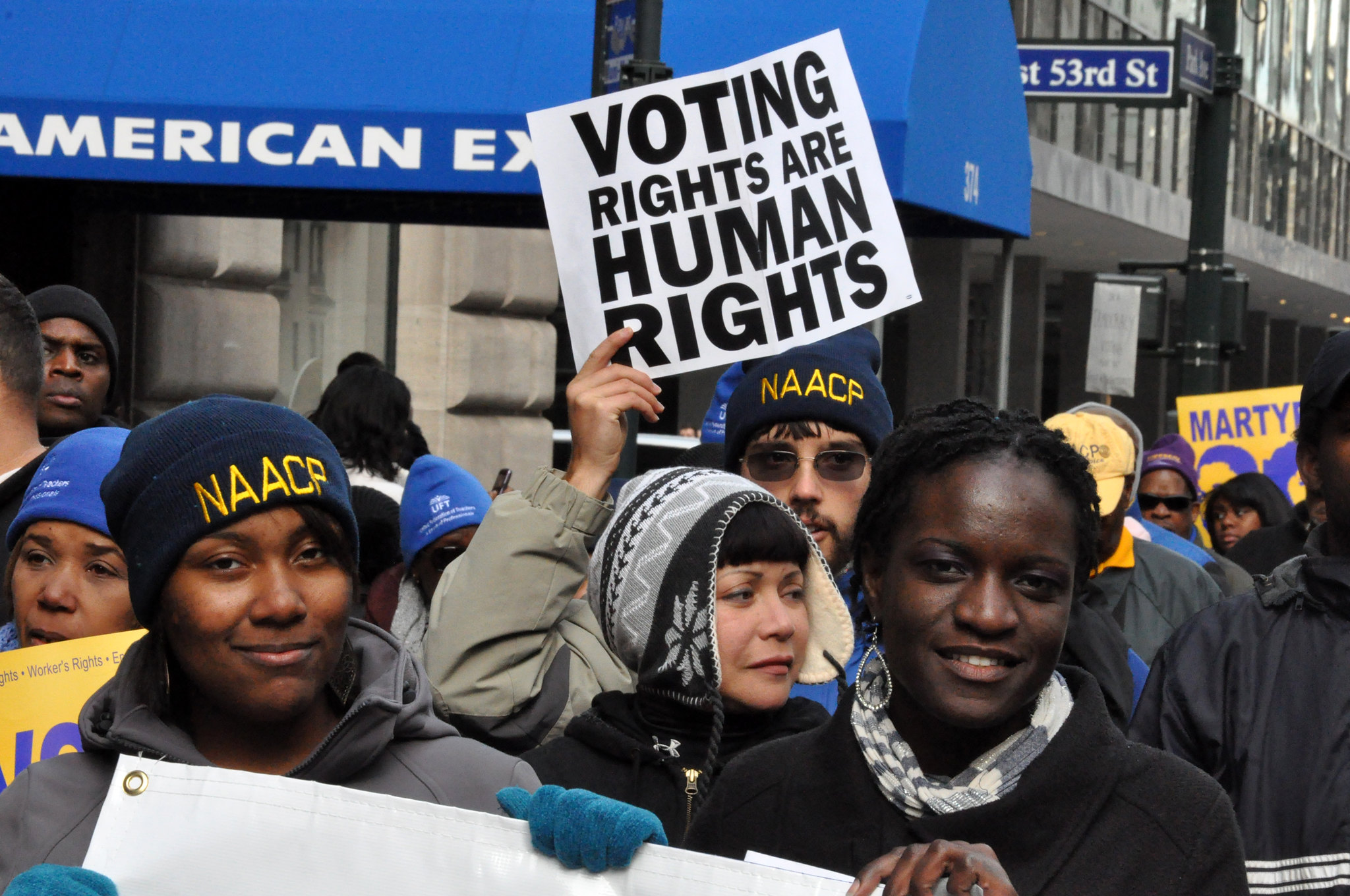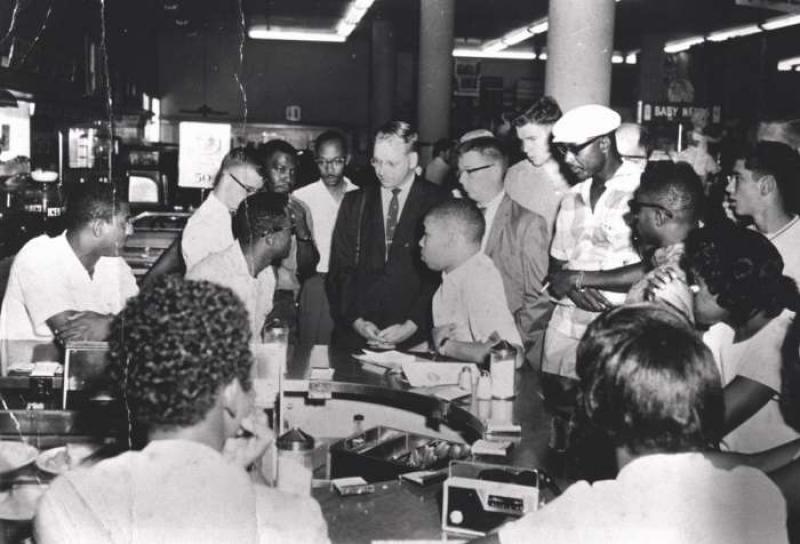Book — Non-fiction. By Myles Horton with Herbert R. Kohl and Judith Kohl. 1997. 167 pages.
History of the role the Highlander Folk School played in the labor and Civil Rights Movements.
Continue reading
Mrs. Fannie Lou Hamer, and the other members of the MFDP at the Democratic National Convention, questioned the nation about the lack of “one person, one vote” in the United States.
Continue reading
Following years of organizing against police brutality, four marches from different points in the city of Washington, D.C. converged at 10th and U Streets NW.
Continue reading
The MFDP held a State Convention with 2,500 people in Jackson, Mississippi.
Continue reading
The Grenada, Mississippi school board shuttered school instead of opening its doors to registered Black students.
Continue reading
The Young Lords occupied Lincoln Hospital’s major administrative building in response to deplorable treatment of people of color.
Continue reading
The Freedom Schools Convention was held in Meridian, Mississippi
Continue reading
Hundreds of thousands of civil rights activists marched on Washington for Jobs and Freedom.
Continue reading
U.S. District Judge issued an injunction ordering police in Grenada, Mississippi to stop interfering with lawful protest. This ruling followed weeks of arrests and beating of demonstrators who had been attempting to desegregate businesses in the town.
Continue reading
People’s Tribunal on killing of three young men at Algiers Motel in Detroit.
Continue reading
Sarah Keys refused to give up her seat on a state-to-state charter bus, prompting the landmark court case, Sarah Keys v. Carolina Coach Company.
Continue reading
Burglund students walked out in response to the expulsions of their classmates and the murder of Herbert Lee.
Continue reading
When the “Fort Hood 43” refused to board a plane to Chicago for riot-control duty against fellow African Americans, their non-violent act became one of the largest demonstrations of dissent in U.S. military history.
Continue reading
Jonathan Myrick Daniels was shot dead in broad daylight in Lowndes County after being released from jail for picketing stores that denied entry to African Americans.
Continue reading
Teaching Activity. By Ursula Wolfe-Rocca.
Unit with three lessons on voting rights, including the history of the struggle against voter suppression in the United States.
Continue reading
White supremacists violently attacked a Jacksonville youth-led lunch counter sit-in.
Continue reading

